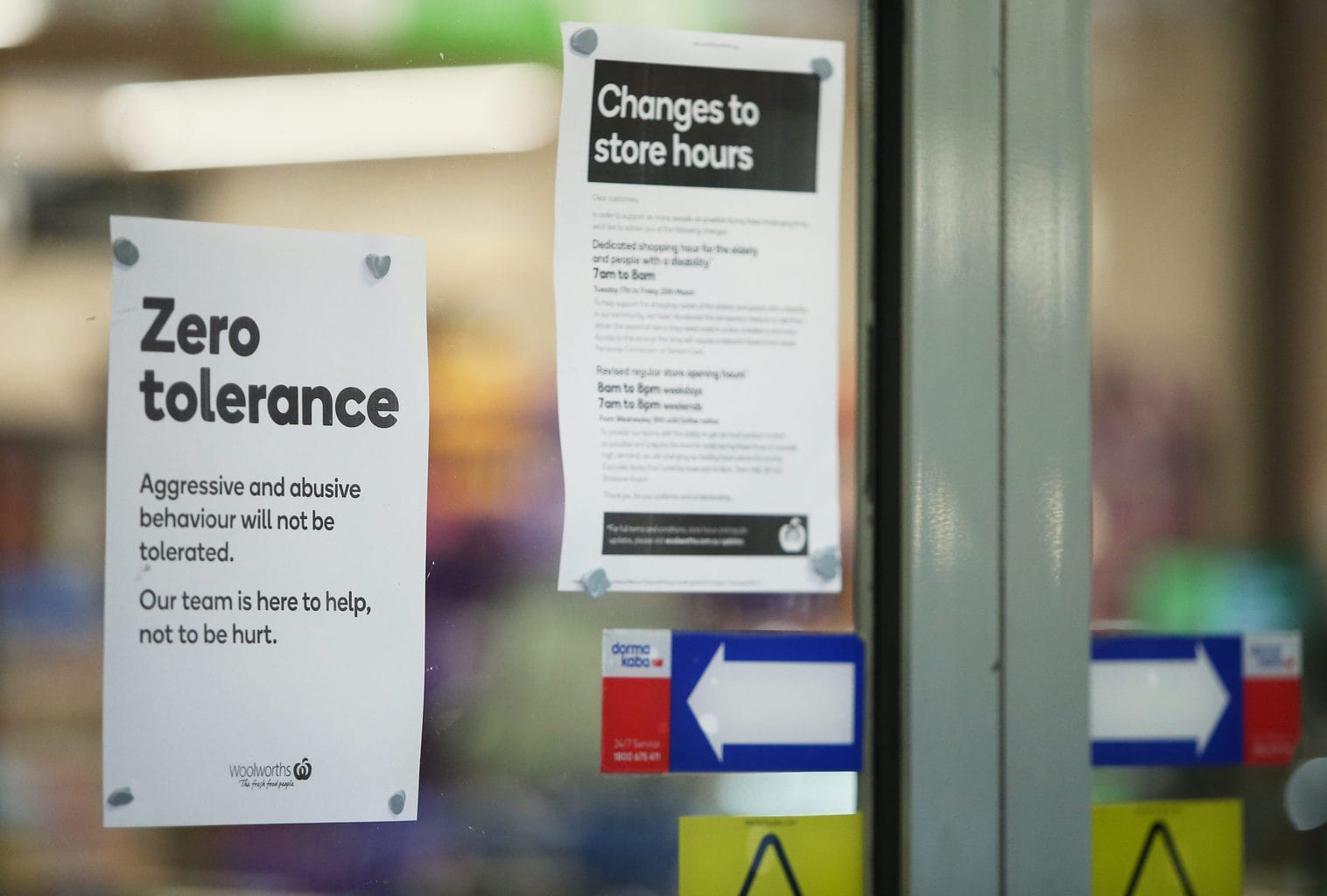
The fear of COVID-19 has spread faster than the virus. With the public in a frenzy, how can employers respond to create inclusive workplaces?
“Fear can bring out the worst in people.” This was the best advice we could offer.
But it was of little consolation to a colleague sharing how, while on a bus, she was berated by a man shouting that she was putting everyone in danger of catching COVID-19.
This Australian citizen wasn’t sneezing or coughing. Her only offence was that she is of Chinese descent.
Since the start of the outbreak in Wuhan, China, people of Asian appearance have been subjected to increasingly overt racist abuse, leading Australia’s chief medical officer to condemn xenophobia. A good start, but more needs to be done.
While there are plenty of recent deplorable incidents of racism, there are likely exponentially more subtle acts of stigmatisation.
This could prove to be detrimental, especially for organisations and companies that compete on human collaboration, communication, and trust. This is an insidious problem with serious long-term consequences.
Why people stigmatise
When people experience stress and anxiety during times of crisis, they seek comfort and familiarity. There is a reason why every culture in the world has comfort food; the go-to dishes we crave after a break-up, accident, or bad day at work. This food is predictable.
The interpersonal response is the same as comfort food, with more serious consequences. As a natural response to feeling stressed or anxious, people will turn away from seeking interactions with those who are different.
They want to be home with their friends and family – those people who are recognisable and predictable. The risk is that if we don’t thwart this fear-induced tightening of one’s in-group, there can be long-lasting negative outcomes for individuals, workplaces and the whole community.
The workplace is recognised by the World Health Organisation as an important arena for health awareness campaigns.

Australian supermarket chain Woolworths has announced aggressive and abusive behaviour will not be tolerated.
Employers could link health promotion with efforts to create inclusive workplaces. A healthy workplace is one where fear and anxiety are eased, and cohesion and trust are maintained.
If companies start today, they can assuage their employees’ fears and anxiety surrounding COVID-19 while addressing longer-term needs for inclusion, cross-cultural trust, and global collaboration.
They can create community, underscoring how we’re all in this together.
Keep it consistent
Consistent and clear communication about health risks and preventative measures is the easiest place for companies to start. Many are doing exactly that. If companies become a steady stream of reliable information, they can also help debunk myths and misinformation. Communication will help reduce fear.
Companies can also help reduce stress and anxiety caused by external factors, such as media coverage, unexpected school cancellations, or caregiving responsibilities. The heightened stress we are all feeling now is real.

There is an increasing understanding of the costs of stress and the importance of thriving at work. Rather than feeling fearful or exhausted, people who are thriving feel a positive sense of optimism, learning and vitality, leading to positive job attitudes and benefits for individuals and their employers. We want to help people manage fear, to help them thrive.
Many larger companies will have prepared plans for crisis management. However, the vast majority of Australian firms are small and might not have the resources to have a head-start on the COVID-19 outbreak.
Seven steps
Here are some practical examples of how employers can support employees through this stressful time and help them to thrive:
1. Create social supports at work. We’ve seen how effective campaigns such as R U OK? can be. Being aware of how colleagues might be feeling, checking in regularly, and creating shared experiences, can help in many ways. We all have a need to feel that we belong and are valued.
2. Offer support such as stress management online tutorials to bolster coping skills. Resources such as employee assistance programs and virtual access to counselling services could be boosted to help with stress.
3. Use health promotion activities. There are many simple and cost-effective ways to encourage healthy lifestyle habits, and free resources to improve mental health at work.
4. Provide flexible work arrangements to help with family obligations. Flexible arrangements are not limited to working from home as not everyone can do their work from home. Other ways to be flexible include adjusting work schedules to accommodate family responsibilities, adjusting work duties so that customer-facing roles might be rotated with back-office roles that might allow some at-home work. Negotiating leave arrangements could be another way to accommodate employees’ needs.
5. Companies should continue a zero-tolerance for discrimination and bullying. Employees who are under stress, in their unconscious desire to find comfort, are more likely to use greater stereotypes and create more “out-groups”. The campaign; ‘Racism. It stops with me’ offers some resources.
6. Accentuate the positive. Companies need to be certain their travel bans and policies are not feeding the fear and normalise positive responses through clear, transparent communications.
7. Learn how to use technology wisely. Technology such as teleconferencing will solve some organizational concerns of continuing work and limiting possible COVID-19 transmission. With travel bans firmly in place, now is an excellent time for companies to invest in cultural agility training for virtual teams relying on technology for collaboration.
What is the right employer response to COVID-19 to ease fears while addressing their critical business needs?
There are some things employers can do, but they will need to start today. Irrational fear takes hold very quickly and can take a long time to overcome.
Co-author Professor Paula Caligiuri is a D’Amore-McKim School of Business Distinguished Professor of International Business and Strategy at Northeastern University. She is one of the most prolific authors in international business for her work in the areas of expatriate management, global leadership development, and cultural agility.


